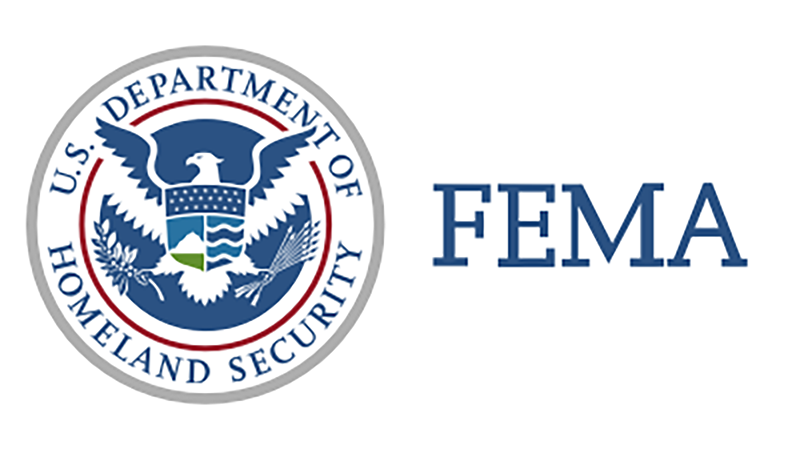Louisiana Legislative Auditor Mike Waguespack issued a report last week comparing certain processes for the State Central Registry to standards in 17 other states as part of an ongoing review of DCFS in the Legislature.
The processes center on how states determine whether findings of child abuse or neglect are valid, how those involved are notified when added to the registries, and how individuals can appeal agency findings. In Louisiana, the SCR is used for employment clearances for numerous jobs, from child care providers, volunteers and contractors, to those hired at state licensed residential facilities, juvenile detention centers, child welfare workers and others.
Auditors note that if a finding is appealed, DCFS is then required to show a preponderance of evidence for teach allegation determined to be valid.
“Although there were 14,604 investigations with valid findings requiring addition to the SCR in calendar years 2019 through 2021, only 1,501 (10.3%) appeals were processed in this period,” according to the report. “This shows that the majority of investigations with valid findings did not have an appeal hearing for an administrative law judge to review DCFS’ evince and determinations based on the preponderance standard.”
DCFS data shows a total of 51,303 investigations over the three years that could warrant inclusion on the SCR. Those investigations resulted in 14,604 valid findings, or 28.5% of investigations. Out of the 1,501 that were appealed, 426 or 28.4% were overturned.
Louisiana is among seven states that consider the nature and severity of valid findings, limit inclusion on the SCR to the more severe offenses, and reduce the time individuals with less severe findings stay on the registry.
In Louisiana’s five-tier system, Tier 4 and Tier 5 allegations that do not result in a listing on the SCR accounted for just 6.1% of investigations with valid findings. Just over 9% of those investigations involve the most severe Tier 1 cases resulting in death and permanent listing on the SCR, nearly 17% involve Tier 2 allegations of severe lack of supervision or severe injuries that result in 18 years on the SCR, and 67.7% involve moderate lack of supervision or moderate injuries resulting in seven years on the SCR.
All states surveyed in the report send notification letters to those listed on the SCR, including 10 that use certified mail. Louisiana uses regular mail.
“According to DCFS, sending notices by certified mail could result in individuals avoiding their delivery, which would mean that their appeal rights would never be exhausted and they could never be added to the SCR,” according to the report.
Some states use hand delivery or process servers if certified mail is not successful.
Louisiana is also among states that detail requirements in notification letters, though legal citations and references that may make it difficult for those who receive them to “fully understand how placement on the SCR could impact their employability, volunteer opportunities, etc. when deciding whether to file an appeal,” auditors wrote.
Louisiana’s 20 day deadline for filing an appeal is similar to other states, though Louisiana is among only five states surveyed that involve an administrative hearing through a different state agency. Like six other states surveyed, Louisiana only adds individuals to the registry once appeal rights are exhausted.
Louisiana is also among only five states surveyed that reverse agency findings and remove individuals from the SCR based on conflicting court findings. All states, except Texas and Nevada, also allow the appeal of administrative appeal decisions through the court system.






